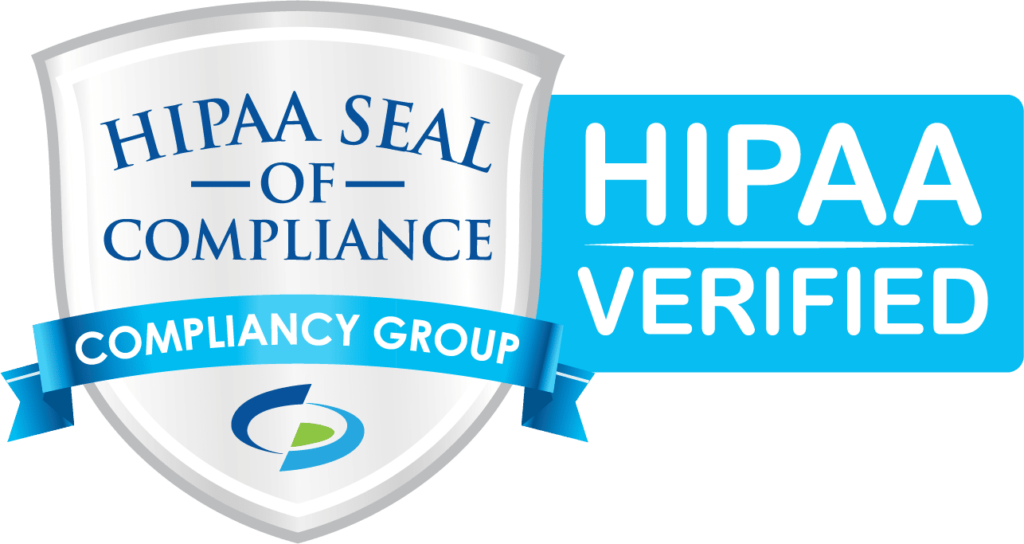Struggling with case management turnover? You’re not alone. High caseloads, administrative burdens, burnout, and passion fatigue greatly impact your team’s performance and service quality. Overwhelming demands lead to increased stress and diminished empathy, affecting ethical decision-making and client satisfaction. Implementing strategic solutions like wellness programs and balanced caseloads can mitigate these challenges, but turnover rates still present risks to your organization’s effectiveness. Discover how to enhance engagement and retention with effective strategies.
Understanding the Impact of Burnout on Your Team
When considering the factors affecting your team’s performance, it’s vital to understand how burnout can undermine effectiveness and morale.
Burnout is a significant driver of turnover, particularly in nonprofit and human services sectors. In Texas, 25% of social service workers, including case managers, leave within a year due to overwhelming demands.
This trend is particularly concerning as women, who make up 76% of case managers, are 32% more likely to experience burnout. The emotional toll of heavy caseloads diminishes empathy and service delivery quality, directly impacting client outcomes.
As turnover increases, remaining case managers face heightened stress and caseloads, perpetuating the cycle.
Strategically addressing burnout is important to stabilize your team and enhance overall service delivery.
Analyzing the Role of Administrative Burdens
Even though case managers are dedicated to their roles, the burden of excessive administrative tasks often overshadows their primary responsibilities.
Administrative burdens, such as outdated systems requiring manual data entry, greatly contribute to burnout. This burnout doesn’t just affect job satisfaction; it drives high turnover rates.
In Texas, 25% of social service workers leave their roles within a year due to these challenges. With 80% of social workers citing administrative work as a key burnout factor, you must address these issues strategically.
Implementing robust impact management software can reduce these burdens, allowing case managers to focus on client care. By doing so, you’ll not only enhance job satisfaction but also improve retention rates, effectively combating turnover challenges.
Exploring the Effects of High Caseloads
Although high caseloads are an unavoidable reality in social services, they’re a primary driver of burnout and turnover among case managers. High turnover occurs because case managers often face overwhelming workloads, compromising work-life balance and leading to burnout.
Consider these critical impacts:
- Increased Stress Levels: 80% of social workers identify large caseloads and administrative tasks as stress contributors.
- Quality of Care: Handling too many clients can diminish the quality of care, as case managers struggle to provide personalized support.
- High Turnover Rates: In Texas, 25% of social service workers leave within a year due to workload pressures.
- Cycle of Burnout: Remaining staff face even larger caseloads, perpetuating burnout and further turnover.
Addressing these challenges is essential for sustainable case management.
Addressing Ethical Decision-Making Challenges
Burnout greatly impairs the ethical decision-making capabilities of case managers, who often find themselves overwhelmed by the demands of their roles.
As burnout sets in, your empathy and ability to effectively empower clients diminish, leading to less person-centered care. This compromises the quality of your outcomes and fails to meet client needs.
Trust and empowerment, core values in ethical decision-making, are undermined by high levels of burnout. The absence of robust support networks exacerbates ethical dilemmas, further hindering your decision-making abilities.
Addressing burnout is essential not only for your well-being but also for maintaining the ethical integrity of care. By mitigating burnout, you can enhance ethical decision-making, ultimately improving outcomes for your clients and fulfilling their needs more effectively.
Recognizing the Importance of Work-Life Balance
Understanding the importance of work-life balance is imperative for case managers working to mitigate burnout and its detrimental effects.
With burnout rising globally, particularly in high-stress roles like social services, strategic approaches are essential. Women, constituting 76% of case managers, are especially vulnerable, emphasizing the need for tailored strategies.
Here’s how you can maintain a healthier work-life balance:
- Set Clear Boundaries: Define your work hours to prevent overwhelming demands.
- Engage in Self-Care: Prioritize activities that rejuvenate you, ensuring longevity in your role.
- Discuss Burnout: Normalize these conversations to foster a supportive work environment.
- Utilize Technology: Implement case management software to efficiently manage caseloads, reducing administrative burdens.
Adopting these strategies can greatly enhance your work-life balance and reduce burnout.
Mitigating the Risk of Employee Turnover
Addressing the risk of employee turnover in case management requires a strategic approach that prioritizes reducing burnout and enhancing job satisfaction. High turnover rates are prevalent, with burnout as a primary culprit, especially in nonprofits and human services.
In Texas, 25% of social service workers exit within a year, while Kentucky loses a third of its workforce in less than a year. To combat this, implement wellness programs that promote self-care and normalize burnout discussions.
Limiting caseloads and setting clear work-life boundaries are essential. Additionally, leveraging management software can alleviate administrative burdens, a significant burnout factor for 80% of social workers.
Implementing Effective Resource Allocation Strategies
When organizations face high turnover rates in case management, implementing effective resource allocation strategies becomes essential to maintaining service quality and staff morale.
You can reorganize staff roles and responsibilities to optimize resource allocation. This not only improves efficiency but also addresses staff shortages.
Consider these strategies:
- Engage Volunteers: Utilize volunteers for non-essential tasks to alleviate pressure on existing staff without incurring additional costs.
- Leverage Technology: Implement cloud-based systems to streamline workflows, reduce administrative overhead, and allow case managers to focus on clients.
- Utilize Software Features: Use task management and reporting features to enhance resource use and improve client outcomes.
- Invest in Technology: Long-term tech investments can offset initial costs, supporting better resource allocation and reducing turnover.
Enhancing Client Engagement and Satisfaction
While enhancing client engagement and satisfaction is essential for any organization aiming to improve retention rates and program success, it demands a strategic approach.
Engaged clients tend to be more satisfied, directly influencing retention. Utilize CRM software to personalize communication, greatly boosting connection and satisfaction levels.
Communication is essential; training teams to craft personalized service plans enhances support and outcomes.
Embrace best practices by integrating mobile apps, offering clients easy access to services and updates, thereby improving engagement.
Social media serves as another critical tool, fostering community and trust, which boosts loyalty and program participation.
Building a Supportive and Collaborative Work Environment
Creating a supportive and collaborative work environment is essential for reducing turnover rates and fostering a committed workforce in case management.
Addressing burnout and enhancing team dynamics requires strategic action. Here’s how you can achieve this:
- Normalize burnout discussions: Open conversations about burnout foster a culture of support, directly impacting turnover rates.
- Encourage open communication: Promoting collaboration among team members builds trust and improves morale, mitigating compassion fatigue.
- Provide resources and training: Empower your staff professionally to enhance engagement and commitment.
- Implement wellness programs: Regular debriefs and wellness initiatives boost mental well-being, making staff feel valued and supported.
Conclusion
To combat case management turnover, you must strategically address burnout and administrative burdens. Prioritize reducing high caseloads and provide clear guidance on ethical decision-making. Encourage work-life balance to boost morale and retention. Implement effective resource allocation strategies to optimize operations and enhance client engagement. Foster a supportive, collaborative work environment where team members feel valued and empowered. By taking these steps, you’ll mitigate turnover risks and build a resilient, high-performing team committed to client success.



